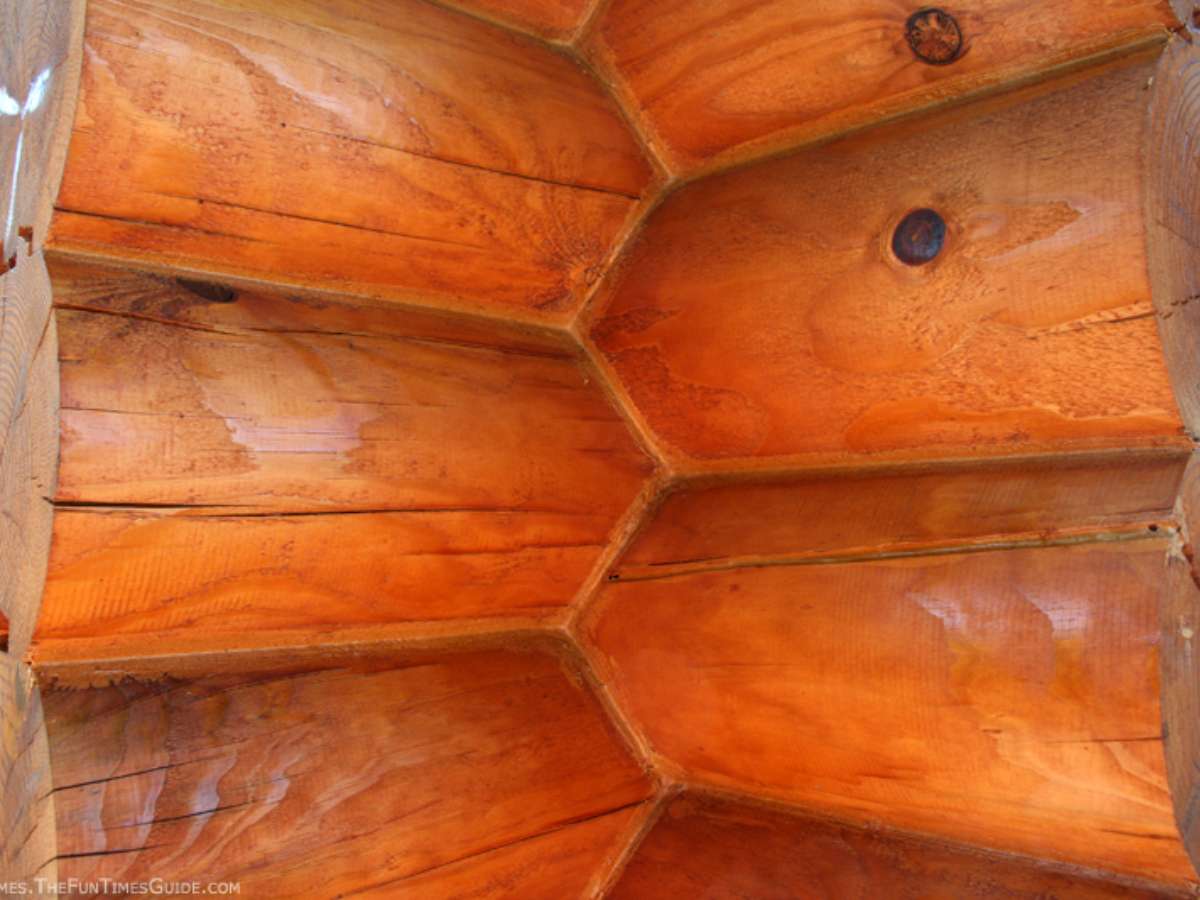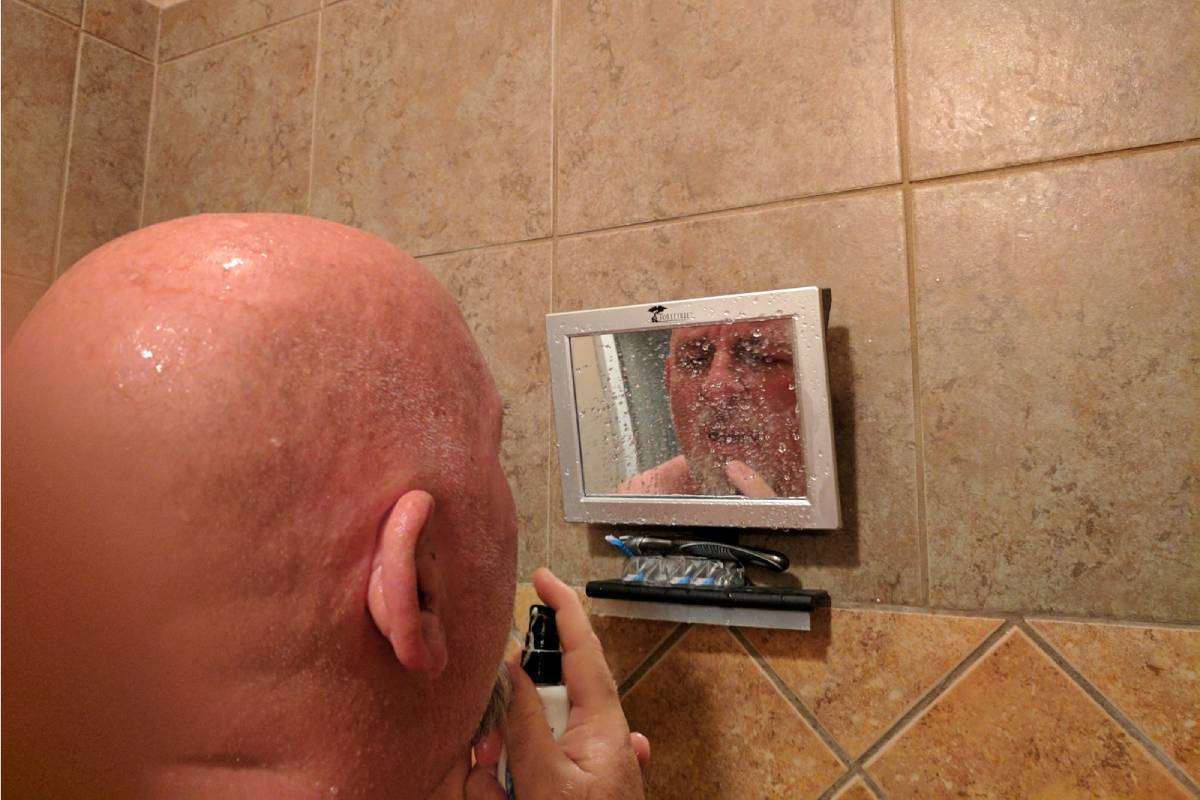 Cork flooring is very popular right now.
Cork flooring is very popular right now.
Not only is it very resilient, but since cork floors are made only from the bark of the cork oak tree (and the tree itself doesn’t have to be cut down) cork is also a renewable material.
This is one of the many reasons that cork flooring is such a favorite in American households — especially among those who are environmentally conscious.
It’s a renewable resource, harvested every 9 years from trees at least 25 years old in a method that does not harm them. Source
Now for the pros & cons of using natural cork flooring in your home…
Advantages Of Cork Floors
- Cork floors literally cushion the feet. This is especially great in kitchen — for those who stand long hours in the kitchen.
- Natural cork flooring is one of the softest flooring materials available on the market. There is no other wood-type flooring product that can compare.
- Cork flooring looks warm and natural, while at the same time unique.
- Cork is more than 50% air, which makes it lightweight and a natural insulator. That means the heat you pump into your home stays there. The same is true of cork’s insulating noise properties!
- Cork floors are very forgiving and will self heal when you drop things on them like toys, a kitchen knife, etc. that causes a slit or slice in the cork. Straight cuts tend to “heal” and become unnoticeable.
- Cork is naturally fire-resistant. It will eventually burn, but it will not release toxins.
- In addition to being used as a flooring product, cork can also be used on walls and ceilings.
- Natural cork flooring has inherent anti-microbial properties which make it resistant to mold, mildew, even insects like termites, spiders, and most other bugs.
Disadvantages Of Cork Floors
- Cork floors tend to be more expensive than other types of flooring.
- You have to re-seal cork floors every few years in order for the cork flooring to keep it waterproof and UV resistant.
A cork floor with the standard polyurethane coat is said to stand up to “normal wear and tear” for only 5-10 years. After which it will need a new coat of poly. Installers recommend adding additional poly to the original install, which will keep your floors looking great longer but also add cost to the job. Refinishing cork is not like refinishing hardwood, where you can refinish almost endlessly to ensure your floors look great from the first year to decades past the 50th. Because the pieces are so thin, usually 3/16ths of an inch, and crumbly, they require unusually gentle sanding between coats. Source
- While small cuts & dents tend to “heal” nicely, if large chunks are taken out cork flooring, that’s a different story. So you don’t want to walk in heels on it a bunch, allow kids to play on it with toys that could gouge the flooring, or permit dogs and cats to spend time alone on cork floors.
- There aren’t as many color choices with cork floors as there are with other types of flooring, though there are a few different patterns available.
- Drastic changes in temperature (and moisture) affect natural cork flooring, much like it affects hardwood flooring.
Cork floors are subject to expansion and contraction due to climate. During heating season, moisture is lost and the tiles may contract slightly showing small spaces between the planks. When moisture levels increase, the tiles will expand. Cork as a rule is more stable than wood flooring for the fact that when wood expands, it does so only in the direction of the grain. With cork, the expansion or contraction process is dispersed in all directions. With proper acclimation, installation and maintenance, any expansion/contraction will not be noticeable. Source
- Natural cork flooring has a low resistance to moisture.
The exceptions however would be resin reinforced wax cork tile, which can be damp mopped from time to time and ‘vinyl cork tile’ which has a top surface vinyl coating and may be maintained and refinished as vinyl flooring. Source
- Cork floors require a lot of maintenance, and some of that maintenance requires the use of chemicals which can impact your indoor air quality. So, if you’re sensitive to chemicals or chemical smells, cork flooring may not work for you.
Personally, I think the advantages of cork flooring far outweigh the disadvantages.
The ecological reasons are justification enough to use cork flooring. Plus, I like the fact that the cork oak trees aren’t damaged by their bark being harvested, and that there are laws in place to ensure that cork oak trees are a renewable resource for many years to come.
Natural cork flooring is beautiful and well worth looking into for your home.



